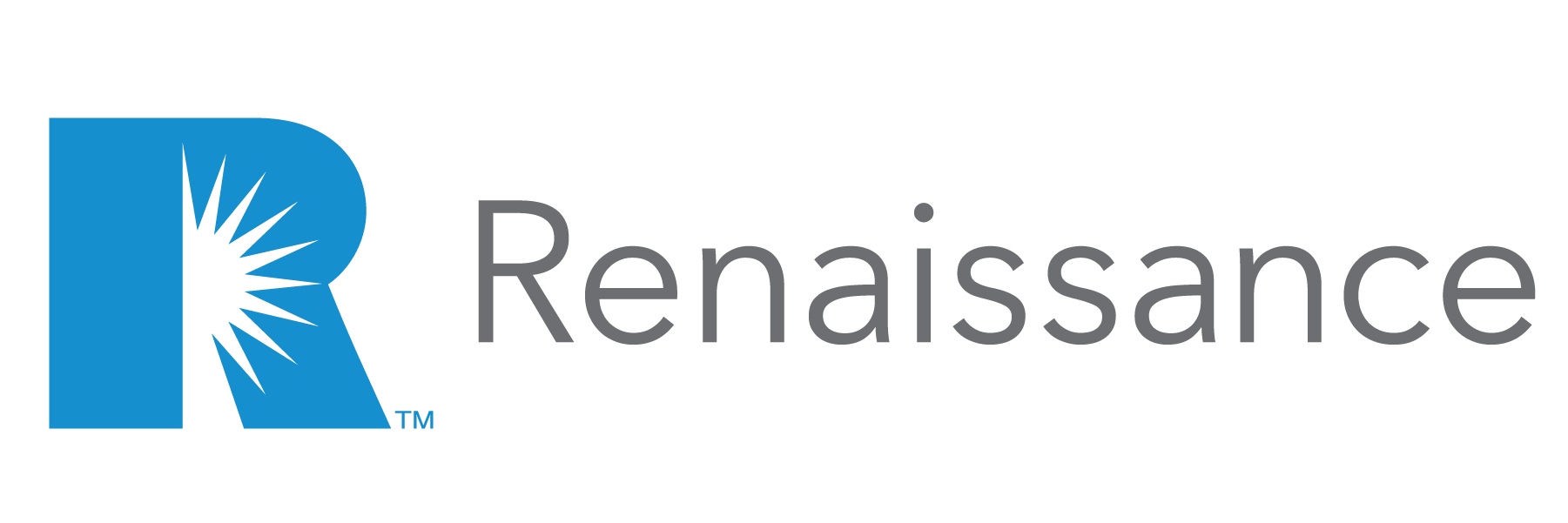Independent insurance agents will often tell you that their biggest enemy – and their most precious resource – is time. Many of them maintain that attracting new clients isn’t a problem; the hurdle they do face is managing the expectations of their current customers.
Quite often, those insurance agency customers possess a challenging combination of high standards and low tolerance when it comes to being served as quickly and effectively as humanly possible. To paraphrase Jim Morrison, they want the world – and they want it now.
We can refer to this phenomenon as “The Amazon Effect,” whereby consumers have become conditioned to believe that every customer-service interaction they have, regardless of the vendor, should equal the speed and precision they’ve come to expect from a multibillion-dollar e-commerce juggernaut armed with the resources to elevate customer service to unprecedented heights. Resources which, plainly, are not shared by Main Street independent agents throughout the U.S.
Still, all is not lost. Those agents know that personalized service and trusted counsel – not price – have been and always will be what differentiates them from their direct-writer competition.
So how can an independent insurance agency manage the expectations of the modern consumer?
Don’t overextend your insurance agency’s resources
One of the keys to delivering the best possible service to your customers is to manage the size of your client base relative to your agency’s resources. Experienced agents know that spreading yourself and your agency’s staff among too many customers will only stretch your resources too thin.
In a series of interviews conducted with a sample of Renaissance members last fall, more than one agency principal said they were content with the size of their agency’s current client base, and weren’t looking to increase it at the moment.
Their reasoning? They were realistic about their staffs’ ability to serve their current clients.
Those principals said they would rather be able to deliver quality service to a certain number of customers than overextend themselves by trying to serve too many. They knew their overall quality service level would diminish.
Conversely, agency principals we spoke with who lamented that they were constantly overwhelmed with customer service issues led agencies that had too many clients to serve effectively.
This is not to suggest that agency growth is a bad idea. However, if you’re going to expand your roster of clients, bear in mind the Pareto Principle, which states that 80% of a given business’ profit typically comes from 20% of its clientele. It’s essential that you know – and not assume – which clients represent your greatest percentage of revenue, so that the effort expended by your agency’s staff delivers the maximum return.
If you don’t have enough staff, don’t ever expect to be able to serve more customers.
Download our free e-book here: The Independent Agent’s Playbook for Success – How to Solve Your Agency’s Five Biggest Challenges
Assess your strengths
With that ratio of resources to customers established, a refocus on your agency’s commitment to customer service is in order. This starts with an honest assessment of your staff. Do you have a team member who you’ve meant to replace for years, who’s still coasting by and only putting in the minimum effort? If so, it may finally be time for some changes.
Only when your entire staff is dedicated to your agency’s success (and when you’re willing to reward them appropriately) can they mindfully work toward delivering the best possible service to each customer. Don’t be afraid to replace certain staffers with enthusiastic new talent. After a while, you may ask yourself why you didn’t do it sooner.
It’s also essential to conduct an analysis of where your agency’s time is most valuably spent. If you’re spending excessive amounts of time on back-office tasks like billing, bookkeeping, and invoicing, finding a trusted partner with the resources to take on those tasks is worth considering – and could empower you and your staff to get back to the two things you do best: selling, and giving your best to your customers.
Define your goals & consistently deliver
Next, consider what the phrase “best possible customer service” entails. As the agency principal, you know your customers better than anyone – but that list would most certainly include:
- Time spent with the client (in person, when possible) to thoroughly assess their coverage needs
- Keeping the client apprised of your progress during the marketing process
- Timely delivery of quotes
- Delivering quality coverage for a fair price
- Timely delivery of certificates
- Periodic outreach to discuss changes in the client’s business or life events that would create new exposures
The common threads here are communication (keeping the customer in the loop), providing value in the product delivered, and speed. Committing to all three is essential if you want to provide the best possible customer experience.
Consider that Amazon built its reputation on providing a variety of products that are priced competitively and can ship quickly. Consumers now pay $139 a year for a Prime membership, mostly for the convenience of “free” two-day shipping. Sure, there are additional benefits (Prime Video and Amazon Music among them), but the main things they’re paying for are convenience, speed, and discounts where they’re available.
Now imagine what those loyal consumers would pay for personalized service. That’s where the agent holds a distinct advantage that must be regularly leveraged.
Over time, some agents have become convinced that the customer doesn’t want to hear from you. Admittedly, some do not; but if they never hear from you, there’s always the chance they can incorrectly infer they’re not a priority to you – and that will encourage them to shop around. The inverse is true: If the client hears from you on a periodic basis, they will be regularly reminded who makes servicing their insurance needs convenient and easy.
Remember that Amazon isn’t always about the best price. Its appeal is convenience and speed, and to many consumers, those elements carry immense value.
Independent agents yearning to exceed their customers’ expectations need to maximize and align their capabilities with their client base, adopt a personalized, mindful approach with multiple follow-ups throughout the year, and commit fully to a service-oriented culture. Those agencies will be the ones that consistently deliver value to their clients and engender customer loyalty – which, as Amazon has proven time and again, is worth every extra effort.






